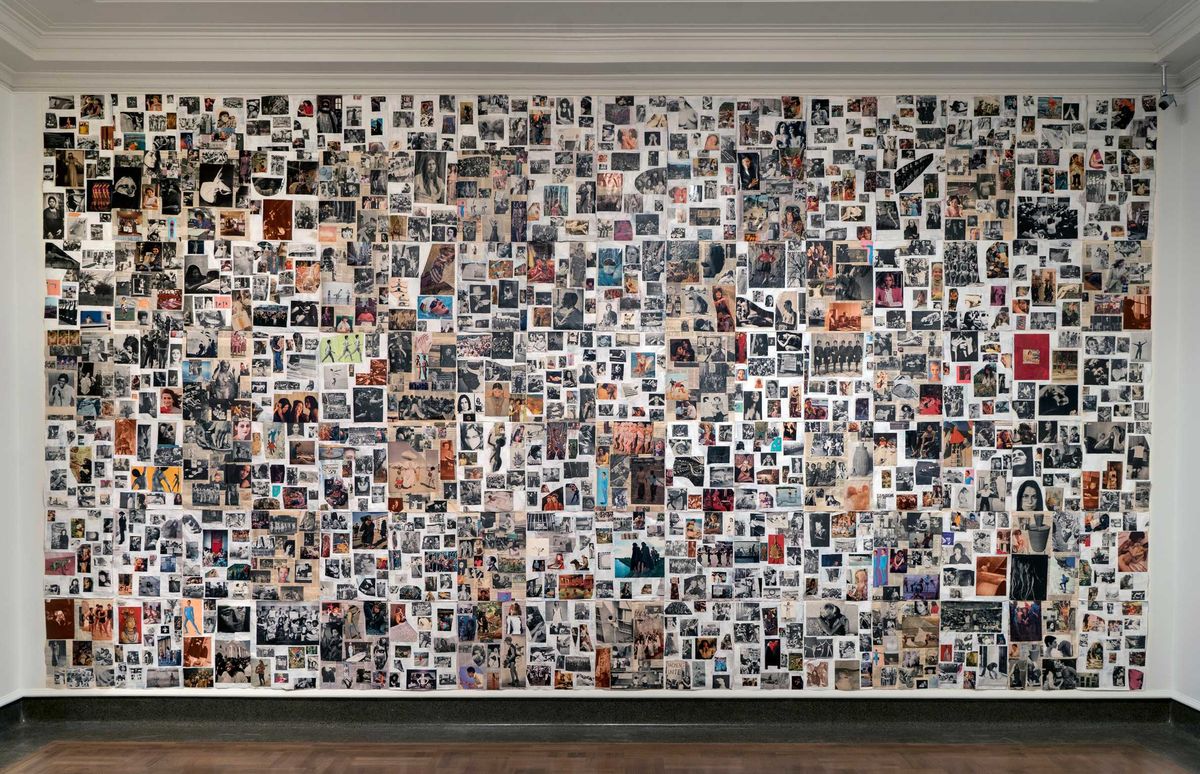Featuring works by 35 contemporary artists, Working Thought examines the role art can play in considering and questioning the many ways economic disparity and labor have shaped American life past and present.
Working Thought showcases artwork across media and generations, highlighting connections between diverse artistic practices. In this exhibition, a combination of new commissions and loans are presented alongside works from the museum’s collection, positioning the collection in a new light and within the context of the history of Pittsburgh as a center of industry.
The exhibition probes the connections between art, economy, and labor within the larger historical relationship between Carnegie Museum of Art, Andrew Carnegie, and the city of Pittsburgh. The museum’s origins can be traced to 1886 with Andrew Carnegie’s initial concept: a museum that would “bring the world” to the people of Pittsburgh, particularly those who worked for the steel magnate. Traces of industry and toil can still be seen at the museum outside of Working Thought; from John White Alexander’s mural The Crowning of Labor which adorns the walls of the 1907 Grand Staircase, to artworks from the collection hanging throughout the museum, visitors can discern themes of labor and economy in every gallery.
The wide range of artworks featured in Working Thought provide many points of entry into the topics of labor and the economy and shed light on the power of art to complicate our most deeply seated assumptions about American history and the social inequities that mark contemporary life.

Working Thought showcases artwork across media and generations, highlighting connections between diverse artistic practices. In this exhibition, a combination of new commissions and loans are presented alongside works from the museum’s collection, positioning the collection in a new light and within the context of the history of Pittsburgh as a center of industry.
The exhibition probes the connections between art, economy, and labor within the larger historical relationship between Carnegie Museum of Art, Andrew Carnegie, and the city of Pittsburgh. The museum’s origins can be traced to 1886 with Andrew Carnegie’s initial concept: a museum that would “bring the world” to the people of Pittsburgh, particularly those who worked for the steel magnate. Traces of industry and toil can still be seen at the museum outside of Working Thought; from John White Alexander’s mural The Crowning of Labor which adorns the walls of the 1907 Grand Staircase, to artworks from the collection hanging throughout the museum, visitors can discern themes of labor and economy in every gallery.
The wide range of artworks featured in Working Thought provide many points of entry into the topics of labor and the economy and shed light on the power of art to complicate our most deeply seated assumptions about American history and the social inequities that mark contemporary life.

Pictures of Women Working. Courtesy of the artist and Columbus Museum of Art
